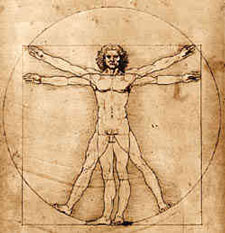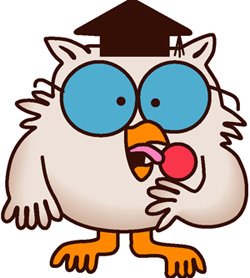Dr. John F. Tuton, Career Advisor
I’ve been thinking about retirement a lot lately, partly because one of my long-term colleagues at Career Services retired earlier this year and two others are about to retire this summer. And, full disclosure, I’m old enough to “retire” myself, if I wanted to. But the main reason retirement is on my mind is that I’ve been meeting with more and more Penn alumni who are approaching retirement age themselves and have come to me for advice.
But before I get into that, why should I even be blogging about “retiring” on this website when most of you who are reading this are probably younger than 30 and looking forward to a future career that may span over 40 more years? How can you possibly look 40 years ahead, when it’s not at all certain what the future will be for any of us? And how realistic is it to even consider retirement as a reality, when your first priority right now is launching your career, not ending it?
My answer comes from the thoughts that senior alumni have shared with me, and even though they vary, there is a surprising consistency to what they’ve said. When I met with the first one or two, I started the conversation by asking, “What sorts of skills do you have?” hoping to get some information that I’d want to see on a CV or resume. But their answers went far beyond “job” skills, and included much more personal qualities, like curiosity, empathy, creativity and perseverance. And when they shared these “skills”, they clearly were excited about claiming them, and I got the message that these were qualities that they truly enjoyed using and, from the examples they gave me, had become quite adept at doing so.
So my “skills” question went well beyond a simple list of technical abilities, and became an exercise in affirming what they felt were their strengths and how rewarding it had been for them to put them to good use. And because their enthusiasm was pretty obvious, it led to another question, “Why are these skills so important to you?” Their answers were even more revealing, and ranged from “Because they’ve helped me solve a difficult problem…understand what someone needs…deal with setbacks…see things in a new way.” And this led to lots of discussion and clarification about their basic motivations, what they valued most in their lives, and what their deepest concerns were.
Digging a little deeper soon led to a third question: “What helped you along the way?” And here I discovered all sorts of information about the particulars of their relationships with the superiors, colleagues, family members and friends who had valued their “skills” and respected their motivations and concerns. Out of all of this came a detailed picture of their ideal “environment” – the people and the places – that had supported the best use of their skills and honored the values and concerns that were most important to them.
From all this, it was possible to create a “template” for what they wanted to do next, why they wanted to do it and where might be the best setting to do it in, and the rest of our meetings were devoted to strategizing about specific opportunities that they might want to pursue.
So here’s why I’m writing this blog for those of you who are under 30 and see retirement only as a vague concept in the distant future. Because knowing your “what, why and where” is as important at the beginning of your career as it is for the alums who I’ve worked with who are at the tail end of theirs. And the good news is that you already started to define your “what, why and where” the moment you discovered a particular job posting. Choosing a job that fits your resume and skill set, creating a cover letter that communicates your interest and enthusiasm, and even answering an interview question like “Why do you want to work here?”—these are all opportunities to state your “what, why and where” in ways that will work best for you. And if your application leads to you being hired, your next step is to continually keep track of what you do best, why you do it and where is the best, most supportive environment to do it in, so that your future career path becomes clearer and more fulfilling, no matter how far it may go.






